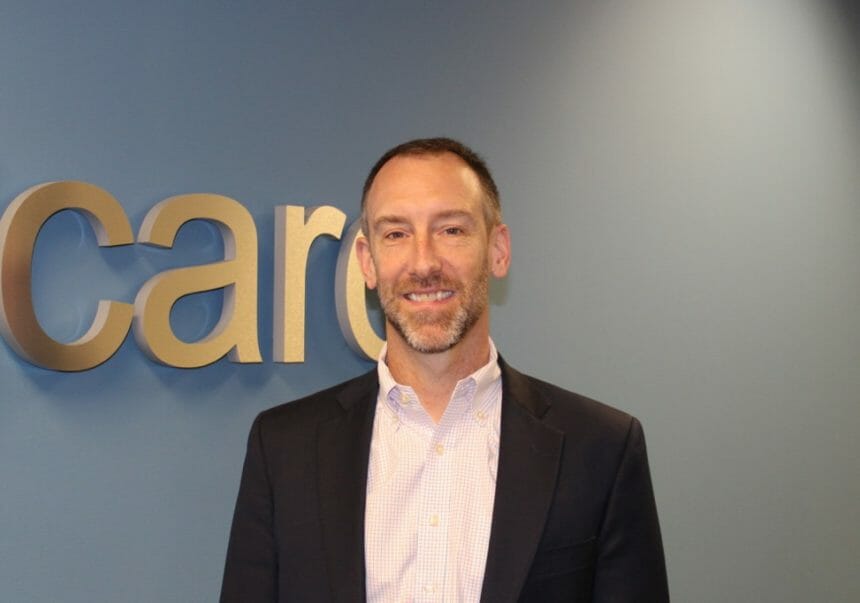What exactly is co-pay card pharmacy fraud? Picture a pharmacy in Brooklyn, Detroit, or Miami where a rogue pharmacist or pharmacy owner is secretly involved in criminal behavior. In a single day, or over the course of a few weeks, this person submits numerous co-pay claims for expensive specialty drugs while never dispensing products to a patient.
After a period of time of receiving payments, the pharmacist vanishes or the pharmacy closes its doors and reopens down the street.
Fraud involving co-pay card programs is a relatively new phenomenon, and it is hitting the industry hard. When we first discovered signs of this type of behavior, we felt uneasy broaching the topic with our pharma clients.
How would clients react? What would they ask us to do? What were our legal options to pursue these pharmacies and recoup the losses?
But as we faced these questions, it became necessary to assess the situation and formulate a plan. What we discovered in the process was a true desire to understand this problem and design a solution — not as a vendor, but as a steward of our industry.
Pharma is not the first industry faced with the issue of fraud. In fact, it’s difficult to think of a single business that is immune to the effects of some type of fraudulent behavior.
A close analog for patient affordability program fraud is Medicare fraud. The cost associated with Medicare prescription fraud is astronomical. For instance, the Centers for Medicare and Medicaid Services identified and prosecuted a New York pharmacist who stole more than $50 million.
It is difficult to quantify exactly how much fraud happens in patient affordability programs, but we continue to uncover improper behavior on a regular basis.
As an industry, we must be proactive and remain vigilant in our efforts to identify and prevent the rogue behavior that is costing the industry millions of dollars. As its prevalence continues to increase, these pharmacies will likely resurface to cause problems in the future.
This new variety of fraud is an increasing risk that threatens patient support programs, manufacturers, and patients alike.
Our entire healthcare ecosystem has a great deal at stake. We must be comfortable talking about fraud, discussing its impact, and planning effective strategies to combat it in the future. We owe it to each other and our patients to put up as many barriers as possible between fraudsters and the programs we administer.
Tim Ogren is SVP, product management at TrialCard
From the March 01, 2019 Issue of MM+M - Medical Marketing and Media







